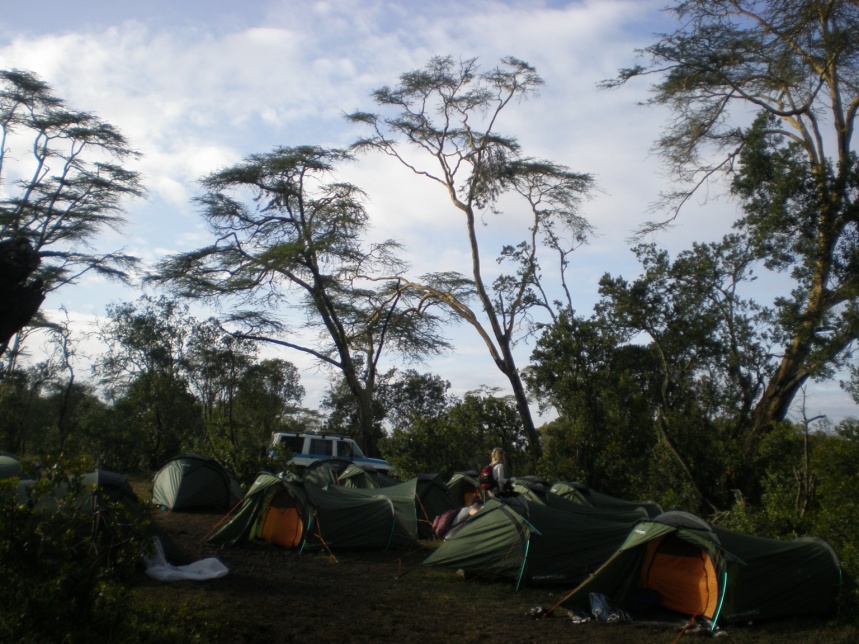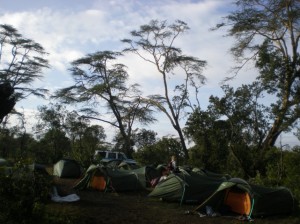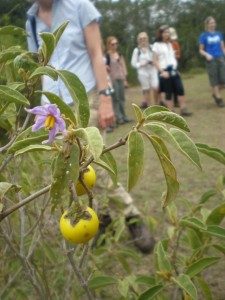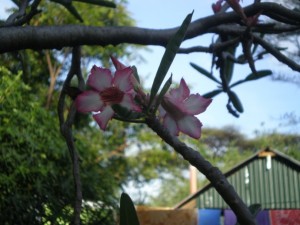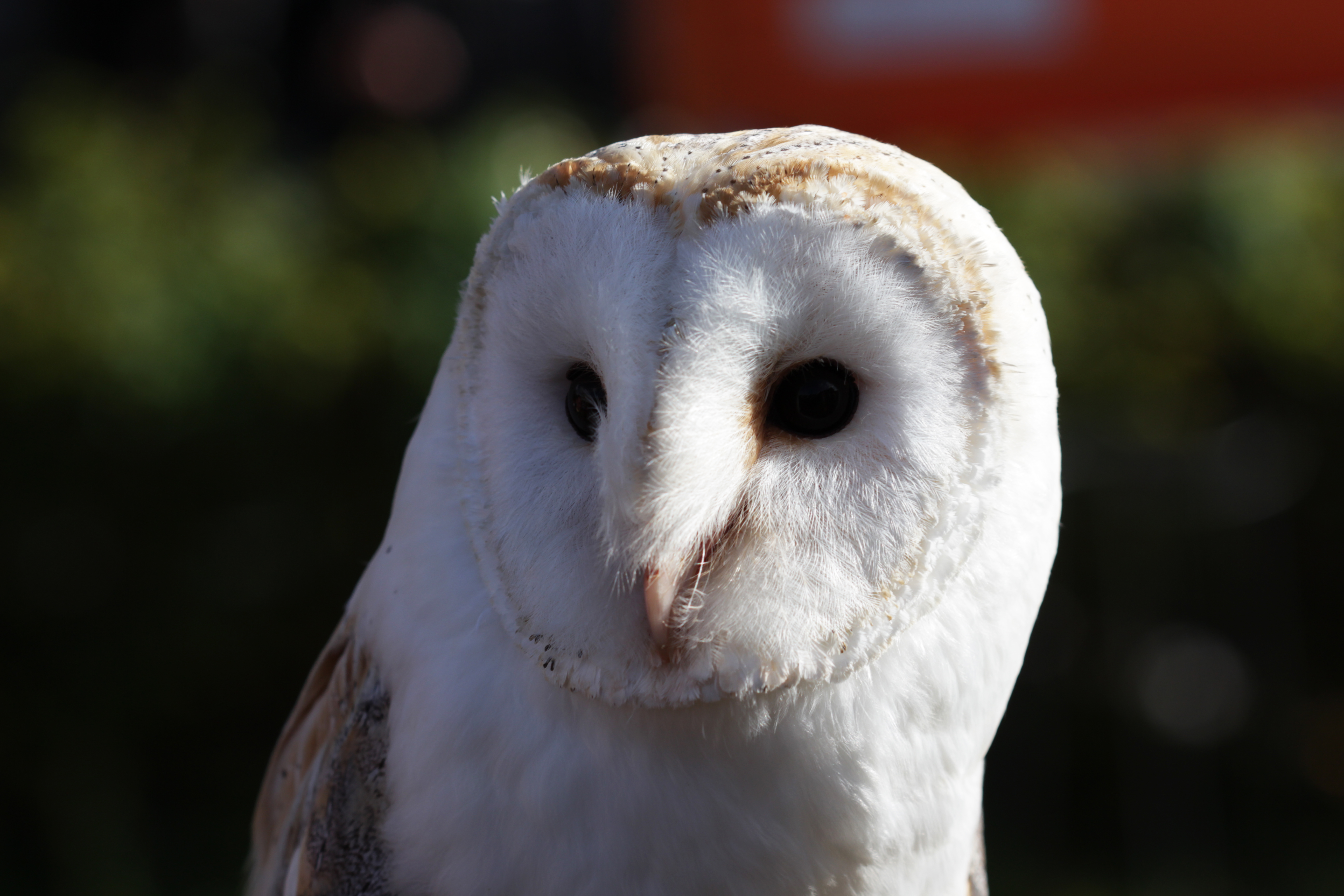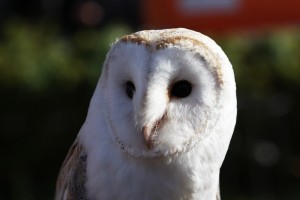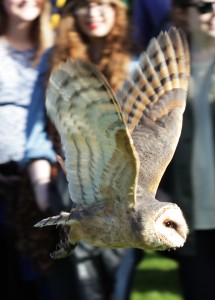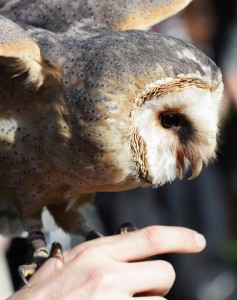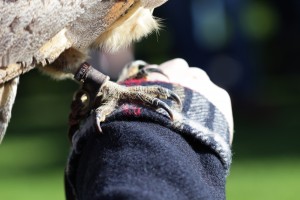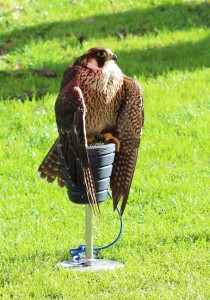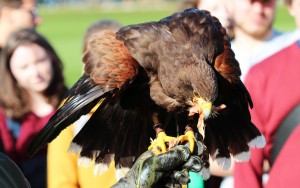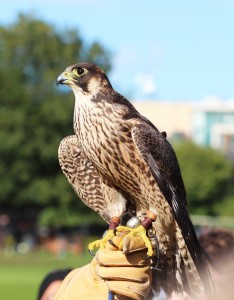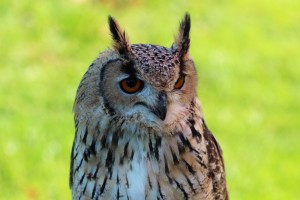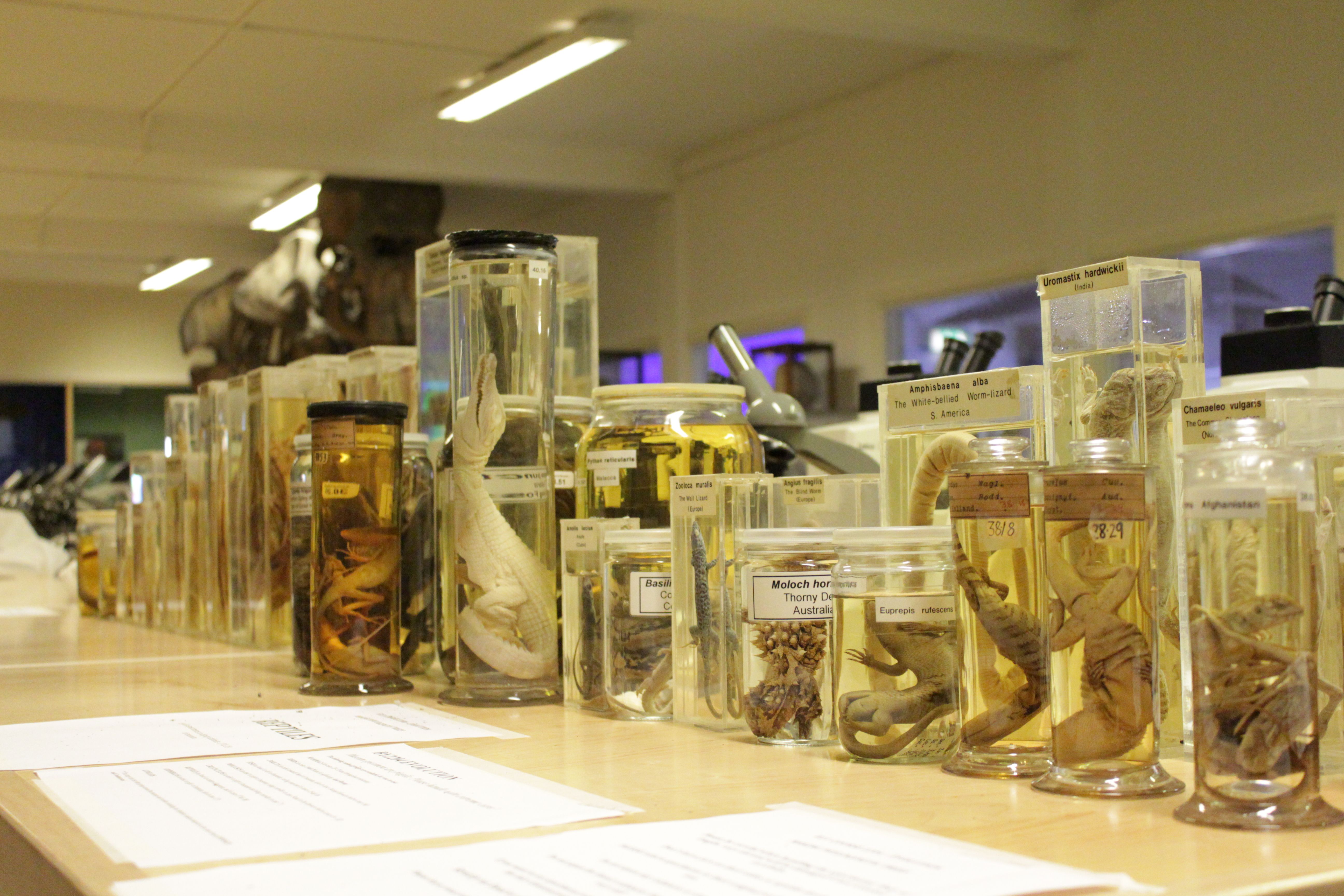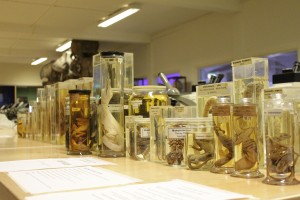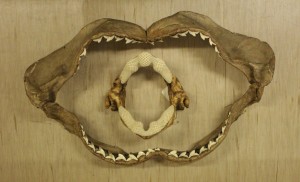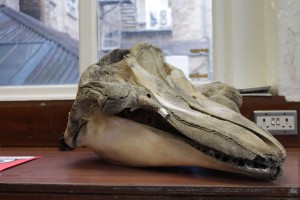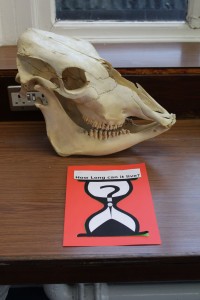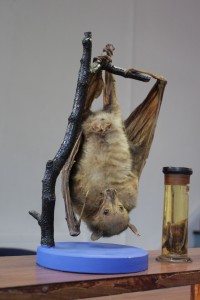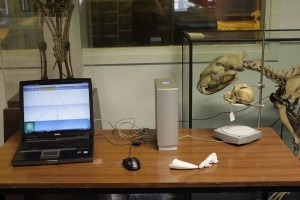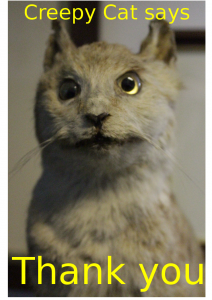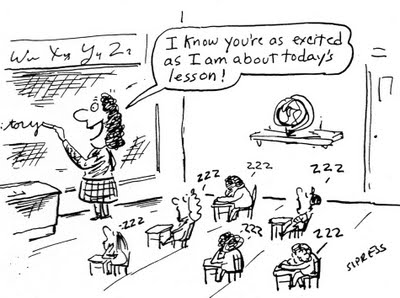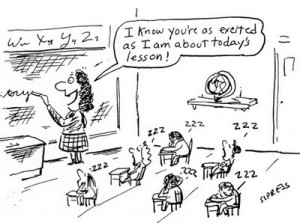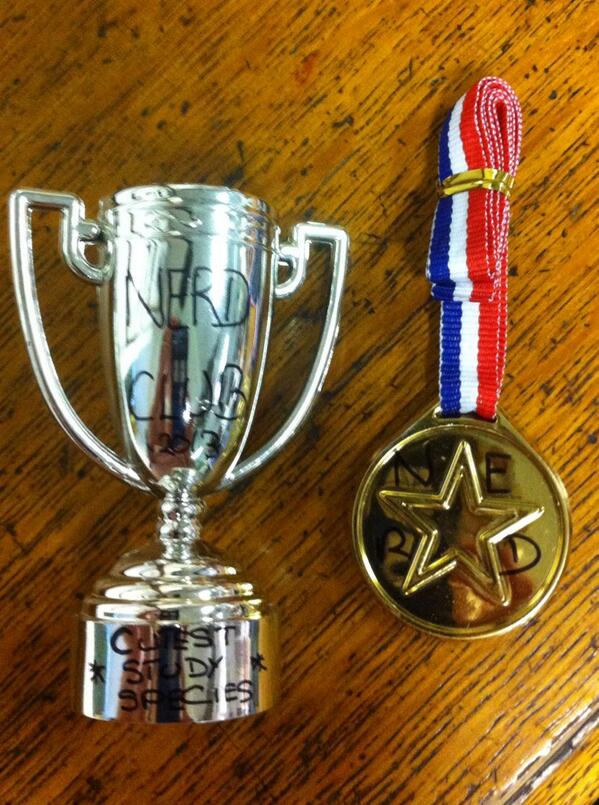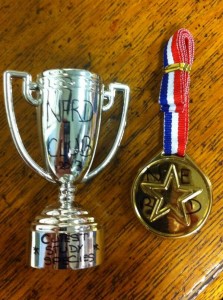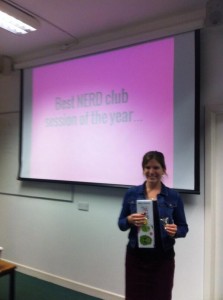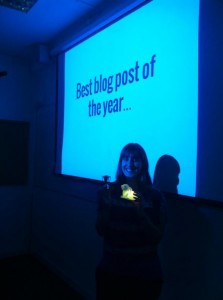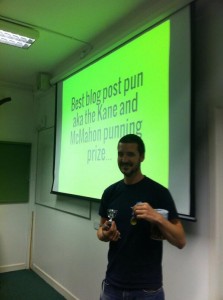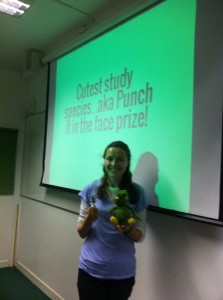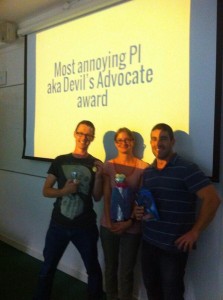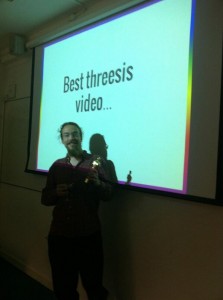The Christmas decorations have been banished for another year, stashes of left-over turkey are dwindling and the hollow echo of empty biscuit boxes tone the end of holiday indulgences. As the promise of ever-longer evenings beckons and the first, brave (or fool hardy) snowdrops contemplate their next move it’s that time for the inevitable “year in review”. Rather than a countdown of favourite scientific discoveries from the year, I thought I’d celebrate a year in the life of EcoEvo@TCD.
We dusted off our competitive spirits in January to open the year with a month of blog games. Apocalypse Meow trashed the competition to win the prize for most hits for a blog post in a single day thanks to a winning formula of cute cats, birds and reddit. The cuteness theme continued with insights into why we often experience mildly violent and destructive reactions to coping with cuteness.
We’re lucky in Dublin to receive annual visits from Brent Geese, the beautiful transatlantic migrants who enliven many a winter walk. The birds were the subject of some controversy in March with a somewhat unlikely foe. The researchers who follow the geese are no less interesting and were kind enough to take some of the EvoEvo@TCD team under their wing…
We’re a diverse bunch. Our research interests lend themselves to trips to beautiful natural history museums and the opportunity to poke through some museum treasures.On the lab and field work side, we work with bees, vultures, Indonesian birds, badgers and sometimes the animals even visit us (it’s not all just about computers…). Our School of Natural Sciences postgrad symposium in April showcased the diversity and quality of current research in our School.
Some of our more popular posts are advice pieces on how to survive and thrive in academia. From how to retain your sanity during long lab experiments to thesis writing, how to find a PhD and why you should consider coming to work with us in particular, EcoEvo@TCD is your one stop shop on how to survive as a student.
And we don’t just have tips for students. Most of the EcoEvo@TCD team are active on twitter and I think we would all agree that twitter is a great resource for academics of all levels with far more benefits than downsides. Armed with science networking tips, we set forth into a summer of conference season madness. Our ranks were divided as we attended different conferences, the main ones being INTECOL in London and ESEB in Lisbon.
Many of our advice and perspective pieces arose from our weekly NERD club meetings where we bashed out the details of our current projects, prepared for conferences and seminar presentations and benefited from academic survival tips and collaborated within group projects. All of which culminated in our all-important NERD club AGM.
We had multiple forays into the world of science communication and outreach. We gave guided tours of the Zoology department’s museum over the summer and recounted the exotic tales of some of our animal residents. The museum opened its doors to the public for free as part of Discover Research Night when we showcased some of our department’s current research. Media and blogosphere reactions to some of our publications were interesting to say the least. From dealing with creationist backlash to negotiating the media storm surrounding a paper that went viral, even when that media attention is sometimes off the mark, we’re a far more media savvy bunch than before.
This year is all set for more EcoEvo@TCD fun. In February we will have our postgrad symposium and we welcome a new Chair of Zoology to the department. Our Friday seminar series continues this term so expect more insights from our final-year undergraduates. There will be more articles arising from our NERD club discussions, conferences galore in the summer as well as research and fieldwork tales.
Happy New Year EcoEvo@TCD!
Author: Sive Finlay, sfinlay[at]tcd.ie, @SiveFinlay
Image Credit: www.joe.ie









